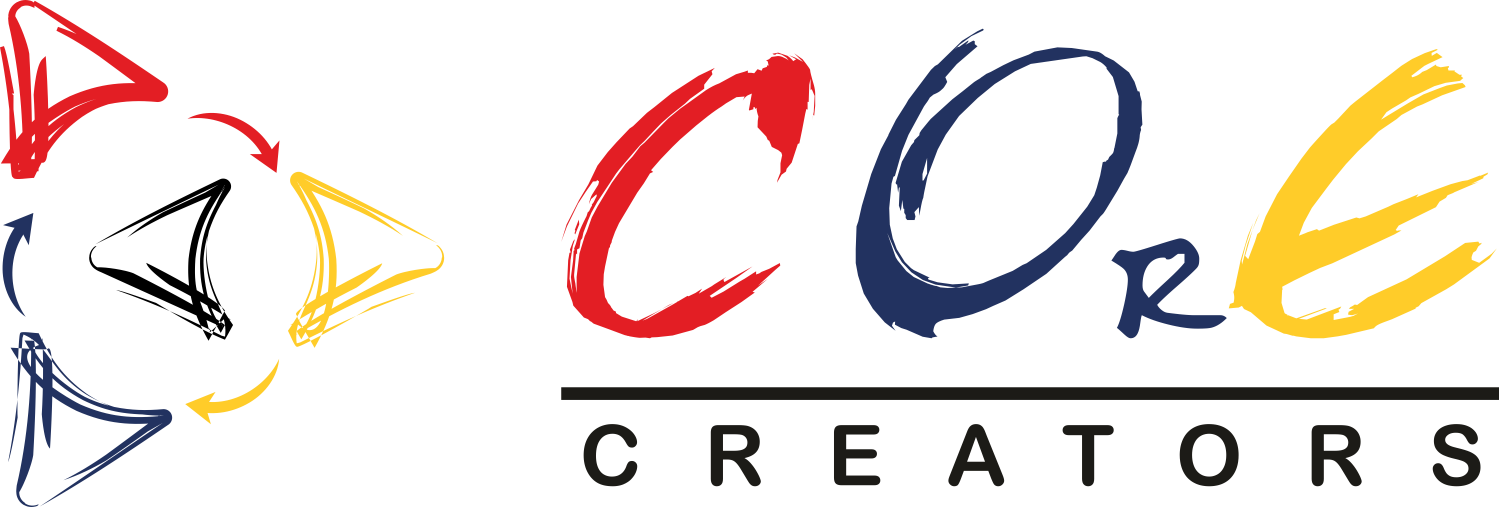
The meta-structure underlying ToP™ methods
ORID is an acronym for Objective, Reflective, Interpretive and Decisional and is a Meta structure underlying the Technology of Participation (ToP™) methods. It is based on theories about the levels of human awareness, but perhaps more easily understood as the Socratic method- where we not only observe/experience the circumstances of our lives but dig deep into those experiences and name what we discover there, and having done so, live out of those narratives.
The premise of this Meta ToP™ facilitation structure is that awareness of our experience of a particular situation is initiated at the sensory level. We absorb and begin interacting with situations we find ourselves in, through our senses. We take note of a situation sort of factually, observationally. In ToP™ we call this the Objective level.
Awareness then proceeds to the associative level where a surface-level relationship to our situation emerges typically in the form of memories, emotions, past associations. For example, we are aware of liking, disliking, enjoying or feeling confused by what we are reading now. ToP™ calls this the Reflective level.
When we dig into the whys and wherefores of our feelings and associations, our awareness moves to a deeper relationship to the situation, where we make sense of and meaning out of our experiences, where the importance, value, or significance we’re attaching to our situation is revealed. ToP™ calls this the Interpretive level.
Finally, based on the meaning-making we have engaged in, we move toward a resolution or conclusion about that situation. This can take the form of a decision or action or next steps or sometimes the need to go back in the process and dig deeper or canvass a wider range of information and reaction to the situation. ToP™ calls this the Decisional level.
This simple, powerful four-level sequence is a natural overlay on the way we think, converse, communicate, interact, decide, and generally wrestle with the stuff of our lives. Like all things human, socialisation and convention create preferences, and what otherwise would be efficient and effective becomes dysfunctional.
Recovering and reclaiming this inherently natural structure is embedded in all ToP™ facilitation methods.
